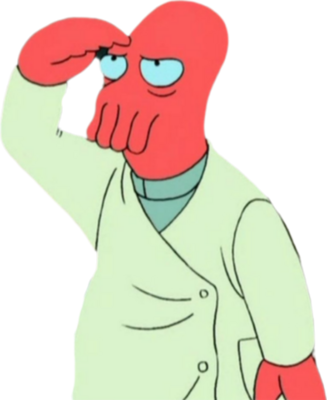

That is a good New Year’s Resolution to have, as it’s always better to know more theory. Personally I always recommend to anyone that is planing to do a deep dive in Marxist theory to start with the philosophy on which the theory itself is based, that means reading books on Dialectical Materialism as the first step.
You already have a couple of them in your list, so my recommendation is to prioritize them over their application in the more advanced books. On that note the only book I would add to your list is M. Cornforth’s “Materialism and the Dialectical Method” which is arguably the book to describe Diamat in the most understandable way for modern readers.
Other than that, I would say after finishing that list it’d be time to tackle the two most important works of Marx and Engels in Engels’ “Anti-Dühring” and Marx’s “Capital”.
Good reading, Comrade. 


Even tough I’m neither a zoomer or have ADHD I can relate with not being able to read Marx’s “Capital”, years ago I also jumped straight into it after only having read the manifesto and as consequence could not make past the 2º chapter.
But that is the “Capital”'s contradiction. It’s such a complete and elaborated description of capitalist economy that you theoretically wouldn’t need any other complementary text to understand capitalism, but as a consequence of that the book is extremely dense, complex and long, so much that if you never read a Marxist book prior you will be encountering new terms and logics in almost every paragraph, making it a very hard and slow read while also likely leading to misunderstandings.
The solution to that is to do exactly what your doing now, which is reading other simpler and shorter Marxists books and increasing your understanding of Marxism in general, before tackling the behemoth that is Marx’s “Capital”. So just remember that you can’t do capital yet, but after finishing your list, if you give it another try maybe you will find out that you actually can do it.